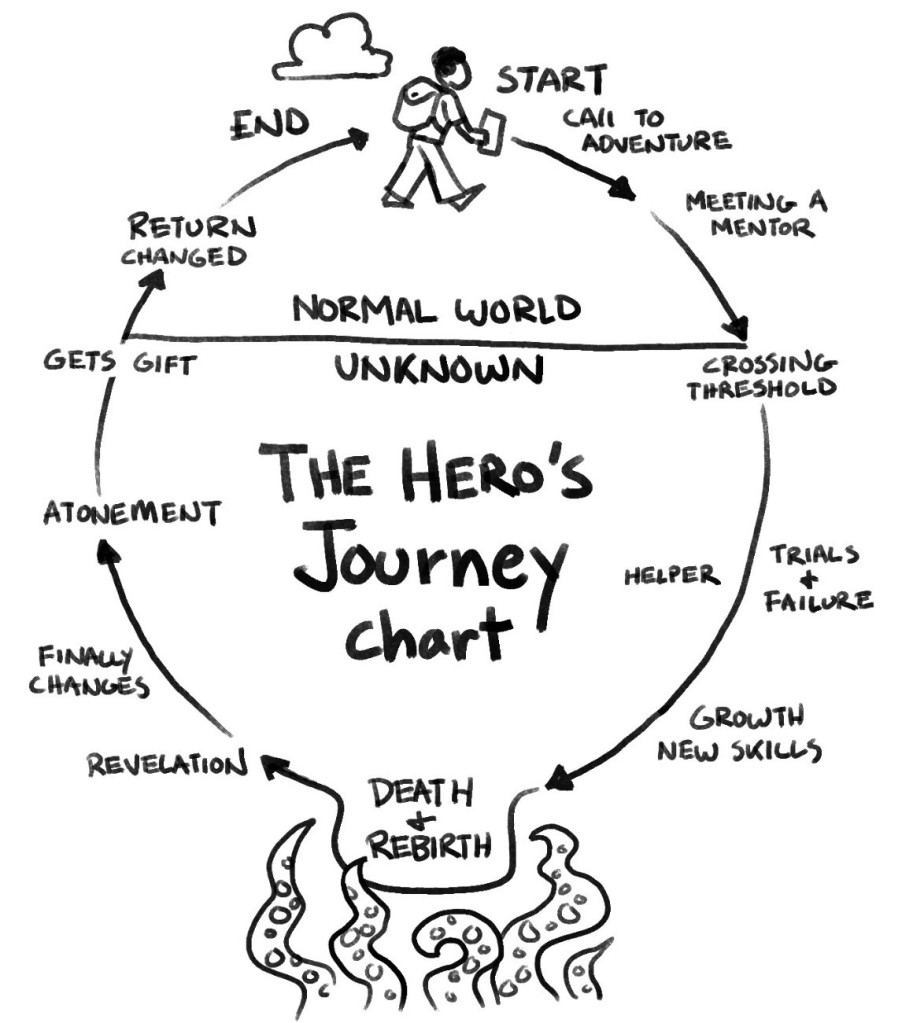--Originally published at Coder Bebop
I quite often hear people saying time is a non-renewable resource, “carpe diem,” don’t count the days, make them count… People in general have the utmost reliability to find/bring problems to the table, though they are seldom good at solving them. With this said, I found the class we had on finances to be nutritious to our brains. The person who came to give us the talk brought us an alternative to use our money in such way that we have a mattress to fall back shall we ever need to. It also made us reflect on the economy to a level which our career would usually never take us to, and I find that interesting, since one of my objectives would be to get into fintech if possible.
This was a very peculiar class that we are having, but it is something that I have been waiting for all my life: having all the semester’s homeworks laid so that I can finish them as soon as possible or as late as possible (I usually do everything as soon as a receive it). It made me more aware of the fact that I am learning more from the way and the moment that I decide to deliver my work, rather than doing it because the teacher told me to. Also, the fact that the teacher (you) is not really on the lookout for slackers or unattentive people makes me care even more for the class, similar to reverse psychology. The more an educator asks for attention, the least you want to listen. When someone is just chilling while giving a class, you feel as if that person has actually something he/she that needs to be said and listened to, something important. That is why I enjoy these classes.




